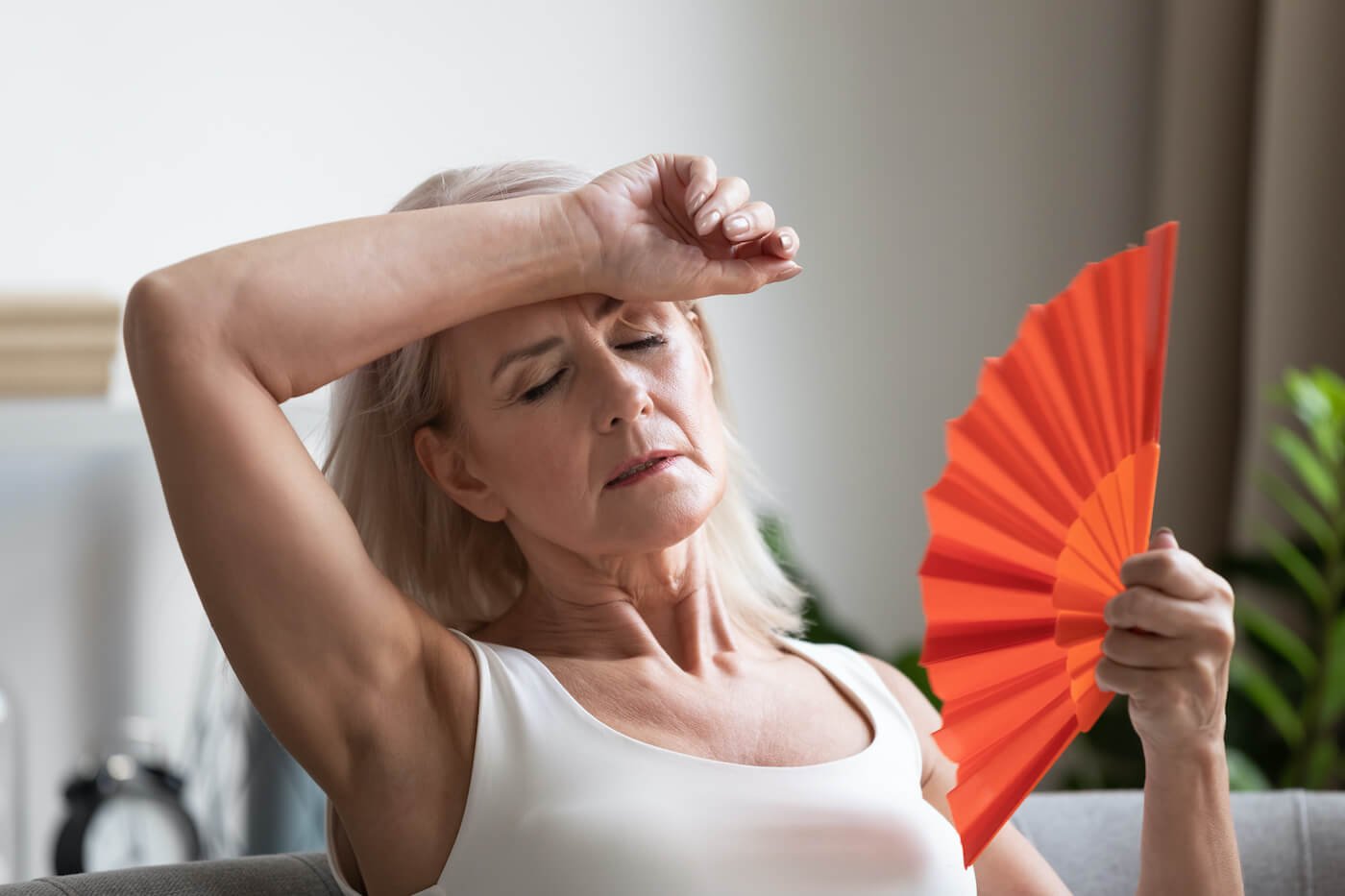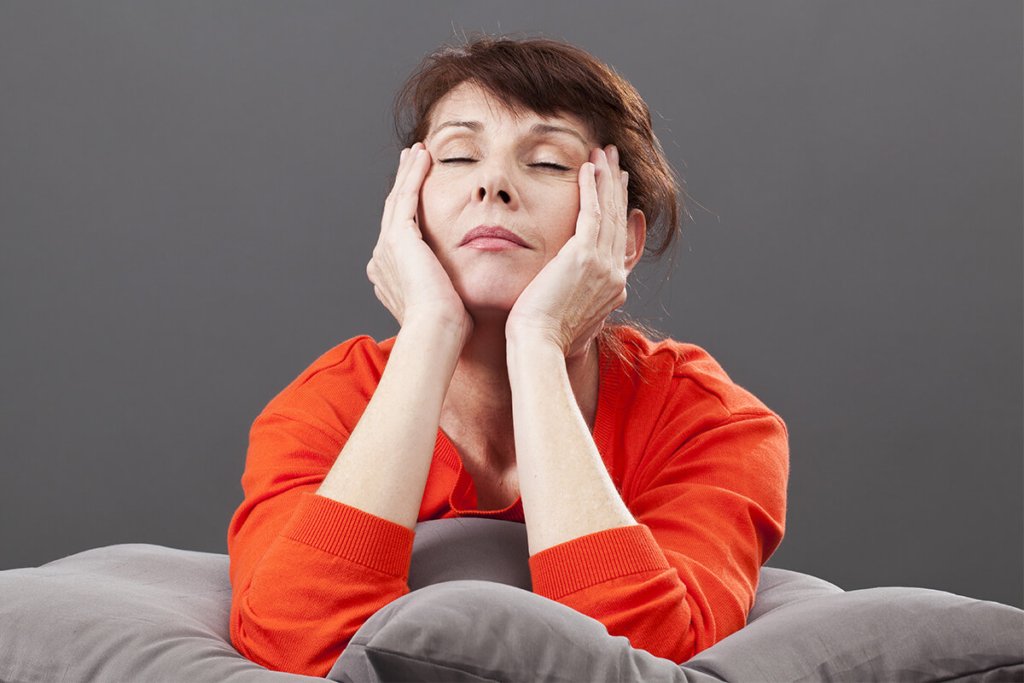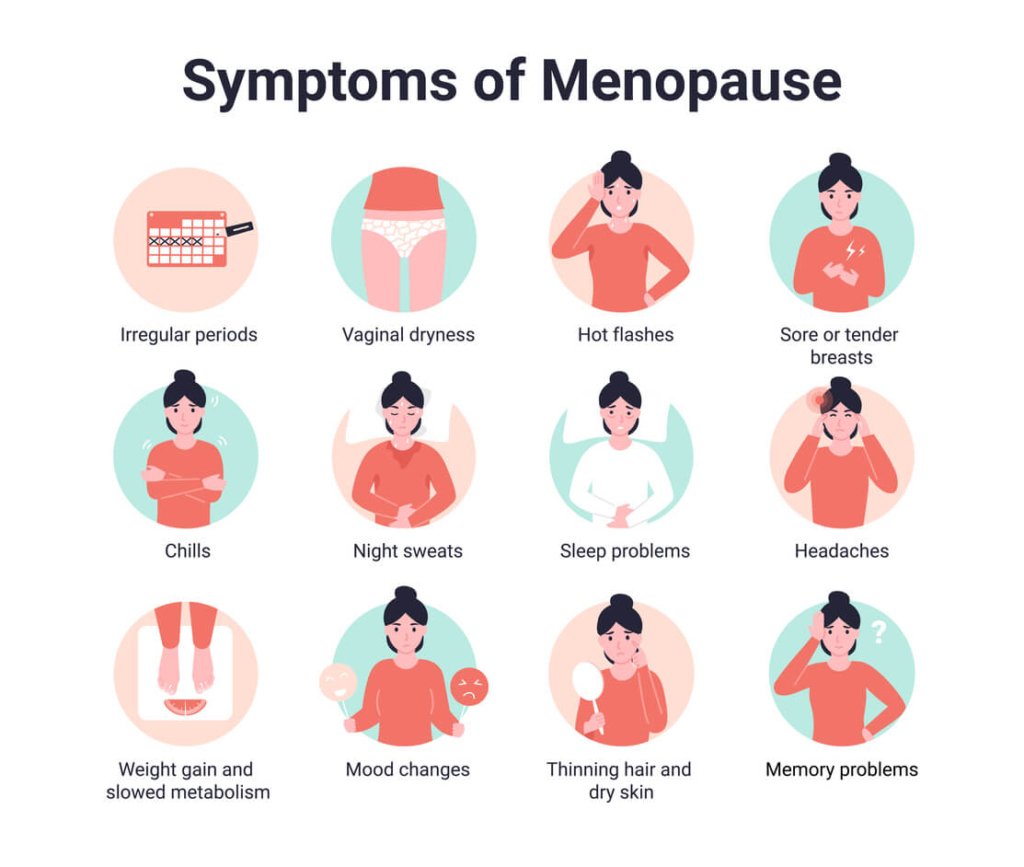
The Ultimate Guide To Navigating Menopause: Symptoms, Treatments, And Self-Care
Although menopause is a normal stage of a woman’s life, going through it can be difficult and frequently misinterpreted. Women’s bodies experience major hormonal changes as they age, which can cause a variety of symptoms that can impair their emotional and physical health. This all-inclusive guide will assist you in navigating menopause, comprehending its symptoms, investigating your options for treatment, and realizing the importance of self-care during this life-changing time.
I. What is Menopause?

The end of a woman’s reproductive years is marked by the natural biological process known as menopause. The average age is 51, and it usually happens between the ages of 45 and 55. Menstruation stops during menopause, and the production of hormones, especially progesterone and estrogen, significantly decreases.
II. Common Symptoms of Menopause

Menopause brings a host of physical and emotional symptoms that can vary from woman to woman. Some of the most common symptoms include:
1. Hot flashes
Hot flashes, Abrupt bursts of extreme heat, are frequently accompanied by facial flushing and perspiration.
2. Night Sweats
Prolonged perspiration at night that interferes with sleep.
3. Vaginal Dryness
Reduced lubrication and elasticity of the vaginal tissues, leading to discomfort and pain during intercourse.
4. Mood Swings
Variations in emotions such as depression, anxiety, and irritability.
5. Sleep Disturbances
Tiredness brought on by trouble getting to sleep and staying asleep.
6. Weight Gain
Metabolic changes in many women result in weight gain, particularly around the abdomen.
7. Cognitive Changes
Loss of memory and trouble focusing are frequent.
8. Bone Health
Loss of bone density and an elevated risk of osteoporosis can result from a decrease in estrogen.
III. Treatment Options for Menopause Symptoms

Fortunately, there are several treatment options available to help alleviate menopausal symptoms. Your choice of treatment will depend on your specific symptoms, overall health, and personal preferences. Here are some of the most common approaches:
1. Hormone Replacement Therapy (HRT)
a. Estrogen Therapy: Replaces the hormone lost during menopause to alleviate hot flashes, vaginal dryness, and bone loss.
b. Combined Hormone Therapy: Includes both estrogen and progesterone to reduce the risk of uterine cancer in women who still have their uterus.
2. Non-Hormonal Medications
a. Antidepressants: They can assist in controlling hot flashes and mood swings.
b. Gabapentin: A medicine used to treat seizures that also lessens hot flashes.
3. Lifestyle Changes
a. Nutrition and Exercise: Maintaining a healthy weight and enhancing general health can be achieved with a balanced diet and frequent exercise.
b. Stress Reduction: Practices of relaxation, such as yoga and meditation, can aid in the control of emotional symptoms.
4. Complementary and Alternative Therapies
a. Acupuncture: Acupuncture helps some women who suffer from hot flashes and other symptoms.
b. Herbal Remedies: Although their effectiveness varies from person to person, supplements like red clover and black cohosh may offer some relief.
5. Vaginal Estrogen
a. Creams, rings, or tablets can alleviate vaginal dryness and discomfort.
IV. The Importance of Self-Care during Menopause

To help women through menopause with resilience and grace, self-care is essential. Consider the following self-care techniques:
1. Prioritize Sleep
To enhance the quality of your slumber, establish a regular bedtime and a cozy sleeping space.
2. Handle Stress
To lessen tension and anxiety, engage in mindfulness exercises, meditation, and relaxation techniques.
3. Remain Active
Frequent exercise helps build stronger bones, elevate mood, and help you maintain a healthy weight.
4. Maintain Bone Health with a Balanced Diet
To enhance bone health, eat a range of foods high in calcium and vitamin D. Moreover, omega-3 fatty acids might lessen mood fluctuations.
5. Stay Hydrated
Drinking plenty of water can help with hot flashes and overall well-being.
6. Connect with Others
To get emotional support and guidance, talk to friends about your experiences or join support groups.
7. Pamper Yourself
Treat yourself to regular massages, spa days, or other forms of relaxation.
8. Talk to Your Healthcare Professional
To discuss treatment options and keep an eye on your health, stay in contact with your healthcare provider.
Conclusion, understanding the symptoms, available treatments, and the importance of self-care can help women navigate the menopause—a life-changing stage—in a more manageable way. Keep in mind that every woman has a different experience, so what suits one might not suit another. Consult your healthcare provider for advice on creating a customized plan that will help you get through menopause comfortably and confidently. With the knowledge that you have what you need to succeed and make the most of this stage of your life, embrace this new chapter.




